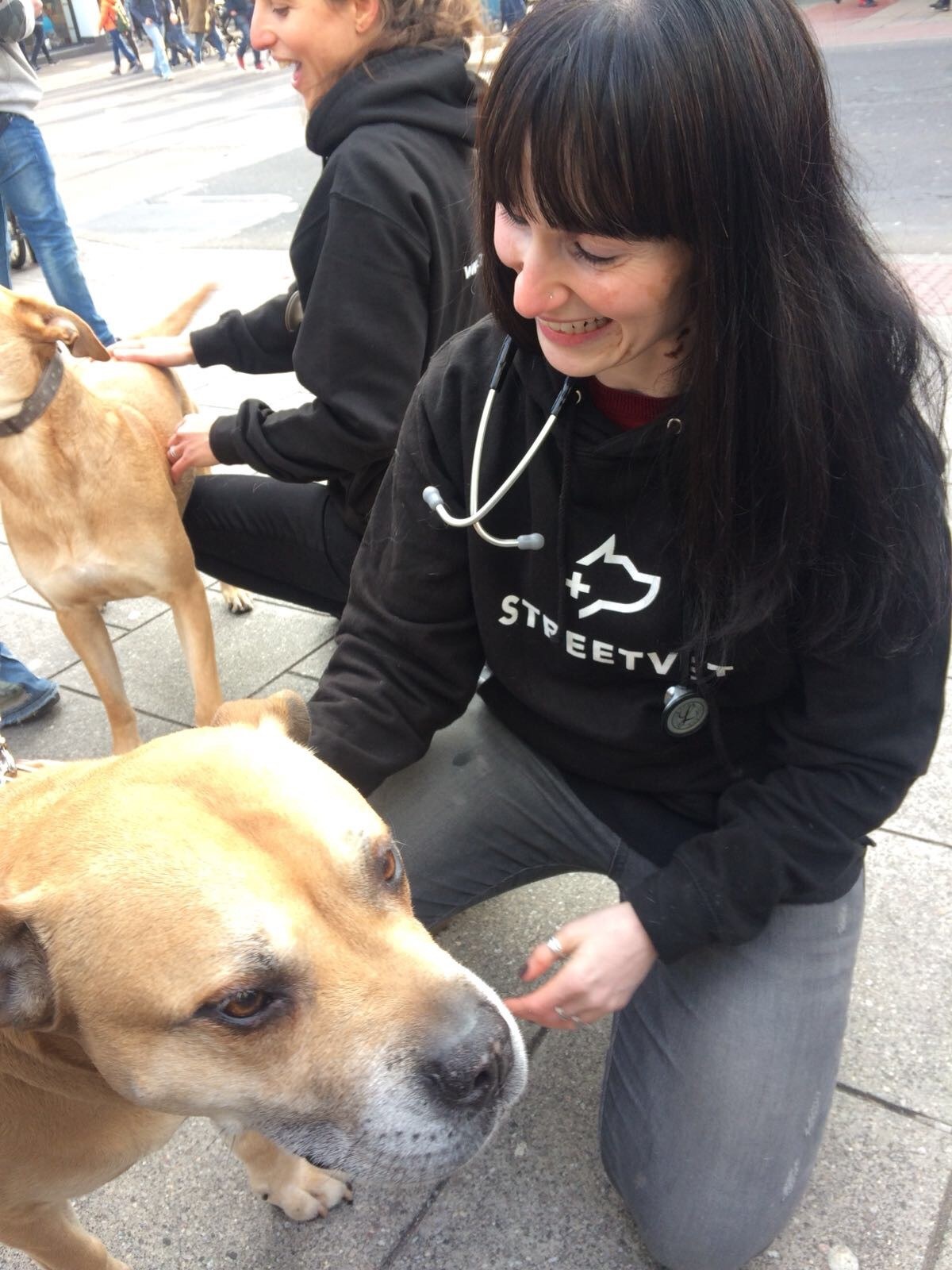Meet Neerja Muncaster, Senior Lecturer in Veterinary Clinical Practice at the University of Surrey
Dr Neerja Muncaster is a Senior Lecturer in Veterinary Clinical Practice and co-Admissions Tutor for the veterinary school at the University of Surrey. She is an advocate for equality, diversity and inclusion, chairing the Vet School Council EDI committee and has a great passion for human factor training. Alongside her educational role, Neerja is also a small animal veterinary surgeon, working in general practice and alongside Street Vet in Brighton. Find out more about her story here.
Vet Sustain
Hi Neerja! What is your current role and professional interests?
I support and mentor final year veterinary students through their intramural clinical placements. I am passionate about all aspects of equality, diversity and inclusion. I chair the Vet Schools Council's EDI committee. In addition to championing Schwartz rounds at Surrey Vet School, my interests lie in the development of immersive simulation sessions and integration of human factors teaching into the curriculum. I am keen to evaluate the impact of these areas of learning on veterinary graduates and how this influences veterinary practice culture.
What does a typical day look like for you?
Every two weeks I visit students in practice where as well as pastoral care we focus on clinical case based and human factor discussions. This is also an opportunity to meet with clinical instruction mentors who we train and support to assess students in practice. During non-visit weeks, I enjoy teaching in years 1-4. Of course, email administration and meetings are peppered through most of my days!

What is your favourite part of the job?
Mentoring the students - from "light bulb" moments to celebrating their first job offer with them. It is really rewarding and a privilege to help support the next generation of vets.
What is the most challenging part of your job?
Working remotely and time spent driving!
Do you have any tips for achieving a good work-life balance?
Setting realistic boundaries. Being kind to yourself - accepting that some weeks the balance may not be as you wish but setting an intention to change this the following week. Regular exercise makes me feel energized as does spending time laughing with loved ones!
How do veterinary professionals currently help to drive sustainability?
There seems to be increased awareness amongst professionals regarding the sustainability of our practice both from a consumables and a people perspective. With great initiatives being launched to reduce carbon footprints and support staff wellbeing
What do you feel are the major opportunities to drive sustainability in the veterinary sector?
I think by raising awareness and educating at undergraduate level we can initiate and support conversations within the profession. We can also highlight small steps that are easy to implement as a starting point.
What are your top tips for veterinary professionals wishing to take the first steps to drive sustainability in their roles?
No matter how small the change you make is, it matters. Just take the first step. Join like minded professionals via Vet Sustain and collaborate with like minded individuals in your local communities.
If you could wave a magic wand and make one improvement to drive the sustainability impact of the veterinary profession, what would it be?
I'd weave it through every aspect of the veterinary curriculum as a start. If we can champion it here it will open conversations on both clinical and non-clinical placements. It will become an expectation new graduates have, which will lead to more widespread culture change within the profession at large.
